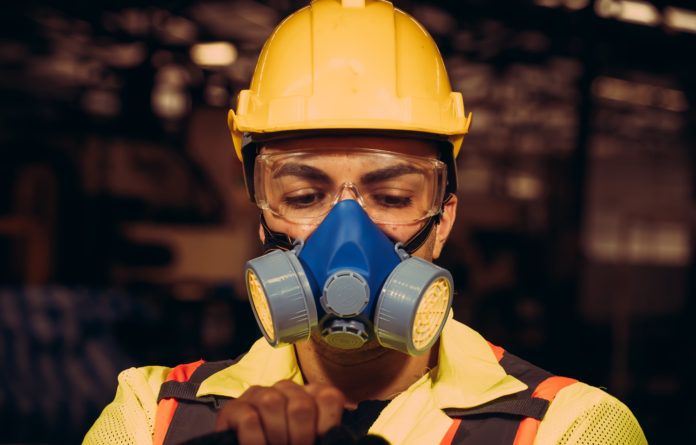The All Party Parliamentary Group (APPG) for Respiratory Health has made recommendations for government action to tackle the dangers of silicosis, the most common chronic occupational lung disease worldwide.
Silicosis is a form of pneumoconiosis and is a progressive, degenerative clinical respiratory condition which causes crippling health conditions and co-morbidities and can lead to death.
In its latest report, the APPG addressed the impact of silicosis on the health of workers in silica related industries and recommends that the government reconfirms silicosis as a notifiable disease and calls for the introduction of real time silica dust monitoring.
The recommendations of the report are split between clinical and regulatory improvements which would significantly improve silicosis outcomes in the UK. The report was compiled from a wide range of evidence from across the industries involved in silica, clinicians, the HSE and silicosis patients.
The Health and Safety Executive (HSE) referred to silica as “the biggest risk to construction workers after asbestos” and notes that an estimated 600,000 workers are exposed to silica in the UK each year. The Institution of Occupational Safety and Health (IOSH) estimates that in Europe as a whole, 81% of those exposed are employed in construction or in manufacturing products used in that industry.
According to one study, the consequences of the disease costs employers in the construction industry almost £1 billion per year (excluding compensation claims and occupational cancer).
Commenting on the report, Jim Shannon, MP Chair of the APPG, said: “It is apparent from the evidence we received that industry views silicosis as a major issue that needs to be addressed. It is also apparent that simple, cost-effective changes at policy level can have far reaching benefits for patients, their families and the NHS.
“The tragedy is that silicosis is entirely preventable and yet hundreds of thousands of workers are exposed to silica dust every year.
“Silicosis is rarely the recorded reason for death but it causes significant co-morbidities – it increases the likelihood of developing other health issues such as tuberculosis, chest infections, heart failure, arthritis, kidney disease, chronic bronchitis, chronic obstructive pulmonary disease (COPD) and lung cancer
“Our report contains a number of recommendations designed to prevent silicosis deaths and improve workers’ health, which include reclassifying silicosis as a notifiable disease and the introduction of real time monitoring of silica dust concentration in the workplace.”




